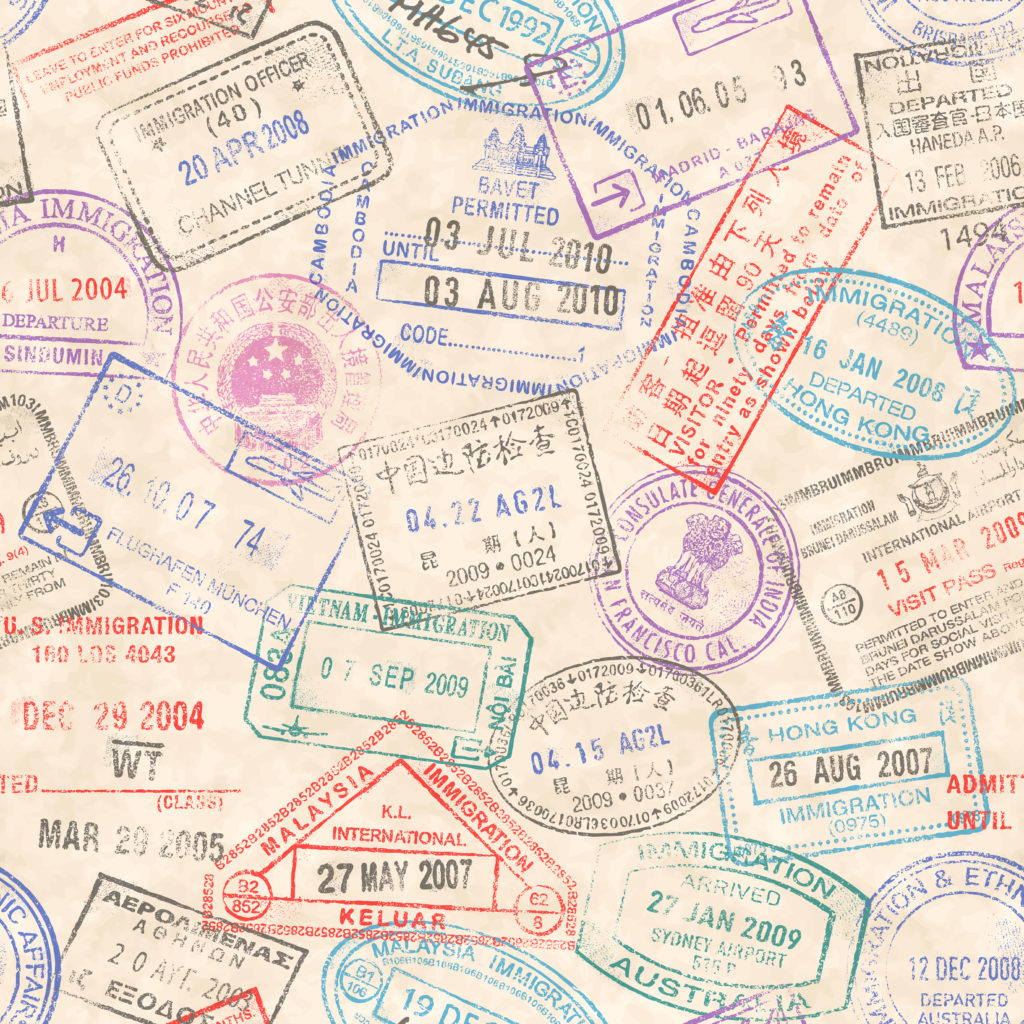Non-binary, intersex, and gender non-conforming Americans can now obtain passports with an X gender marker. Previously, the U.S. State Department had announced that applicants would be able to self-select their gender “as ‘M’ or ‘F,'” irrespective of the gender specified in other identity documents, and without need for any medical certification. According to the U.S. Special Envoy to Advance the Human Rights of Lesbian, Gay, Bisexual, Transgender, Queer and Intersex (LGBTQI+) Persons, “when a person obtains identity documents that reflect their true identity, they live with greater dignity and respect.”
The United States is not the first country to offer gender-neutral passports. Argentina, Australia, Canada, Nepal, and the Netherlands are some of the countries that already provided a third gender option on their passports. Nevertheless, the State Department’s move is still of great import, constituting as strong a policy statement as the U.S. government can make on the issue of gender diversity.
Far from being a message directed at national audiences only, the State Department’s actions constitute an act of foreign policy. In essence, a passport is a formal communication between governments, requesting safe passage and assistance for their citizens. This is underscored by the fact that passports, at least in the case of the United States, are government property that must be returned on demand (22 CFR § 51.9). Consequently, the nonbinary gender choice being made by Americans who select X is one supported by the United States.
Despite this powerful signal, however, Americans may encounter difficulties when using an X passport for overseas travel. Authorities in countries hostile to transgender rights may subject holders of such passports to harassment, and in some extreme cases may refuse to recognize the passports as valid.
In other countries, hostile intent may be absent, but as a practical matter, their systems may not be designed to accept X gender designations. Online visa application forms or software used for immigration clearance might require a binary gender choice. Ham-fisted efforts by officials to find workarounds may result in uncomfortable situations.
These scenarios appear unlikely to play out in China. For one, Chinese citizens can change gender markers on their identity documents, though only in cases where the person has undergone gender reassignment surgery (变性手术). Though this is different than allowing self-selection without a need for surgery and issuing gender-neutral documents, it indicates at least a somewhat progressive approach to gender diversity by China.
In any case, even if gender-neutral identity documents are not available in China, authorities there can be counted on to respond in a practical way to the use of such documents by foreigners. It is important to remember that other countries have been issuing such passports for many years, and to date there have been no reports of problems in China (which, of course, does not mean there have not been any issues at all).
This said, travelers who have previously visited China using travel documents that indicate a different gender than that on their current documents might still face difficulties. In those instances, concerns on the part of officials may lead to probing questioning that could be discomforting to some travelers.
In addition, officials who do not regularly deal with foreigners may be less familiar with gender-neutral documents than their counterparts at major ports of entry and immigration offices. Meanwhile, Chinese government directives regarding treatment of gender-neutral documents might not apply to private actors such as hotel clerks and mobile phone vendors.
Finally, it must be understood that these developments do not take place in a vacuum. The Chinese authorities may not be interested in giving a visitor a hard time because they have a gender-neutral passport, but they may want to do so on account of their nationality. In that case, bringing gender identity into the mix may be seen by Chinese government authorities as fair game.
We shall see . . .


























